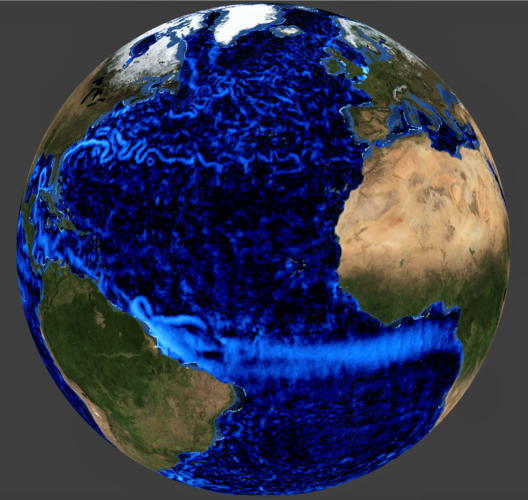The forces at play, changing the day

External gravitational forces, predominantly from the Sun and Moon, are constantly and predictably acting on our planet. While the Sun's enormous gravity keeps Earth in orbit, the gentle tug of the Moon has, over billions of years, quite dramatically slowed its spin, increasing the length of a day on Earth.
When the Earth first formed, a day was somewhere between six and eight hours long and a year would have consisted of more than 1000 sunrises and sunsets.
Closer to home, there are forces at play that have much more rapid and unpredictable effects. Earthquakes, atmospheric winds, ocean currents, and remarkably even human activity itself, all act often and unpredictably to redistribute mass around the planet, altering the speed of Earth’s spin and the orientation of its spin axis.



